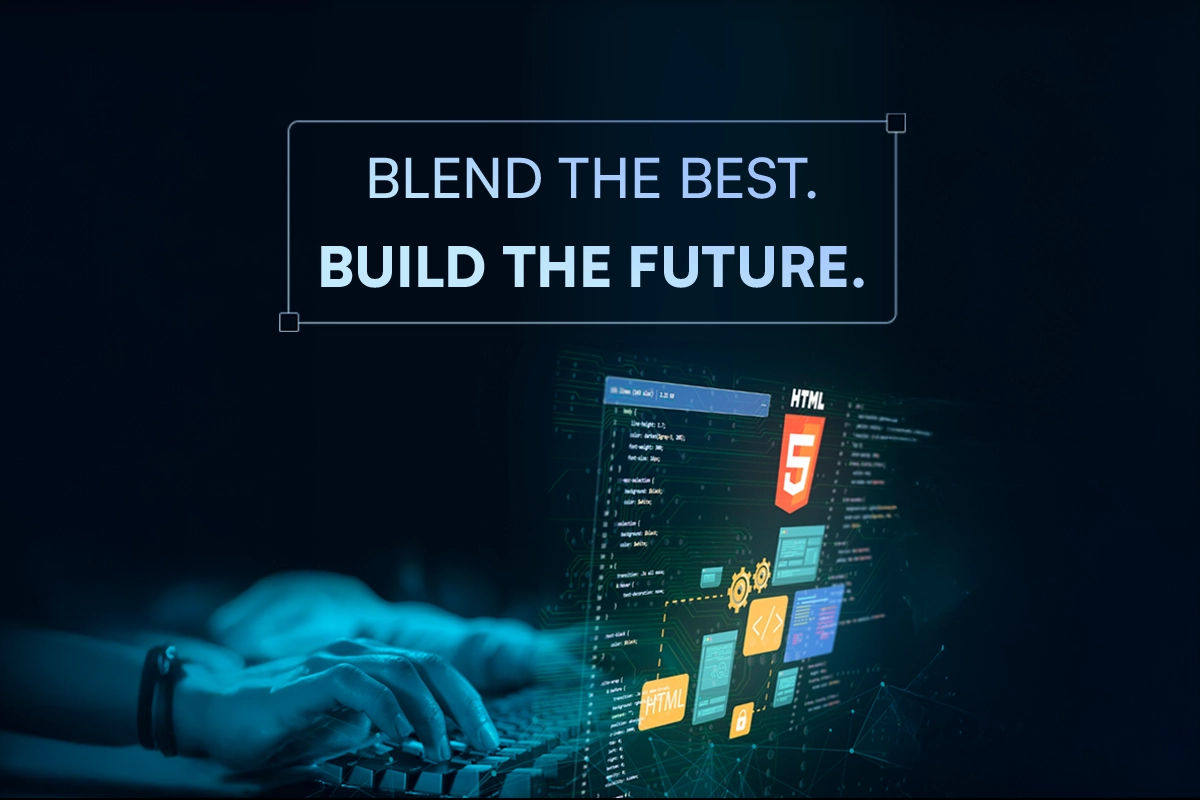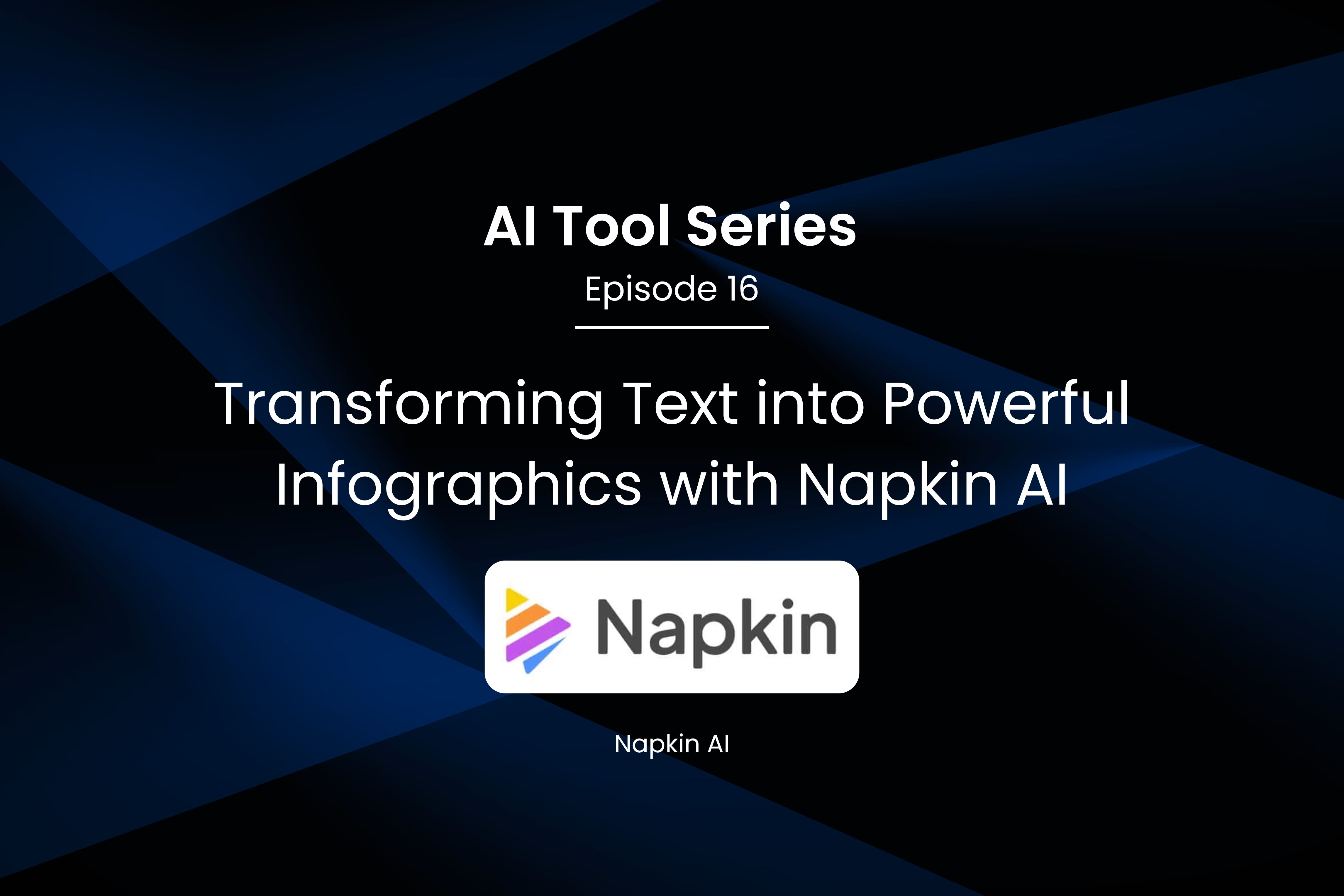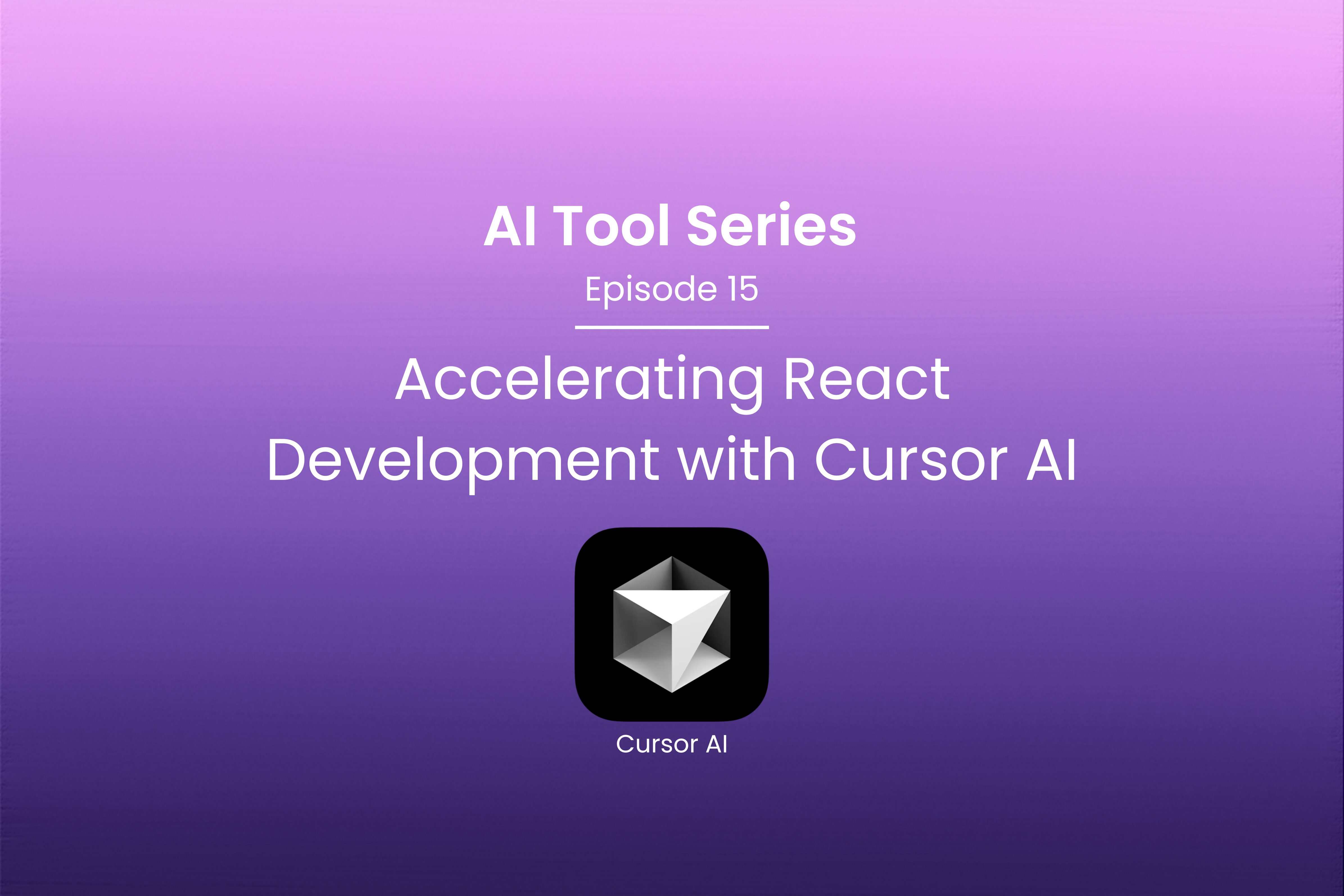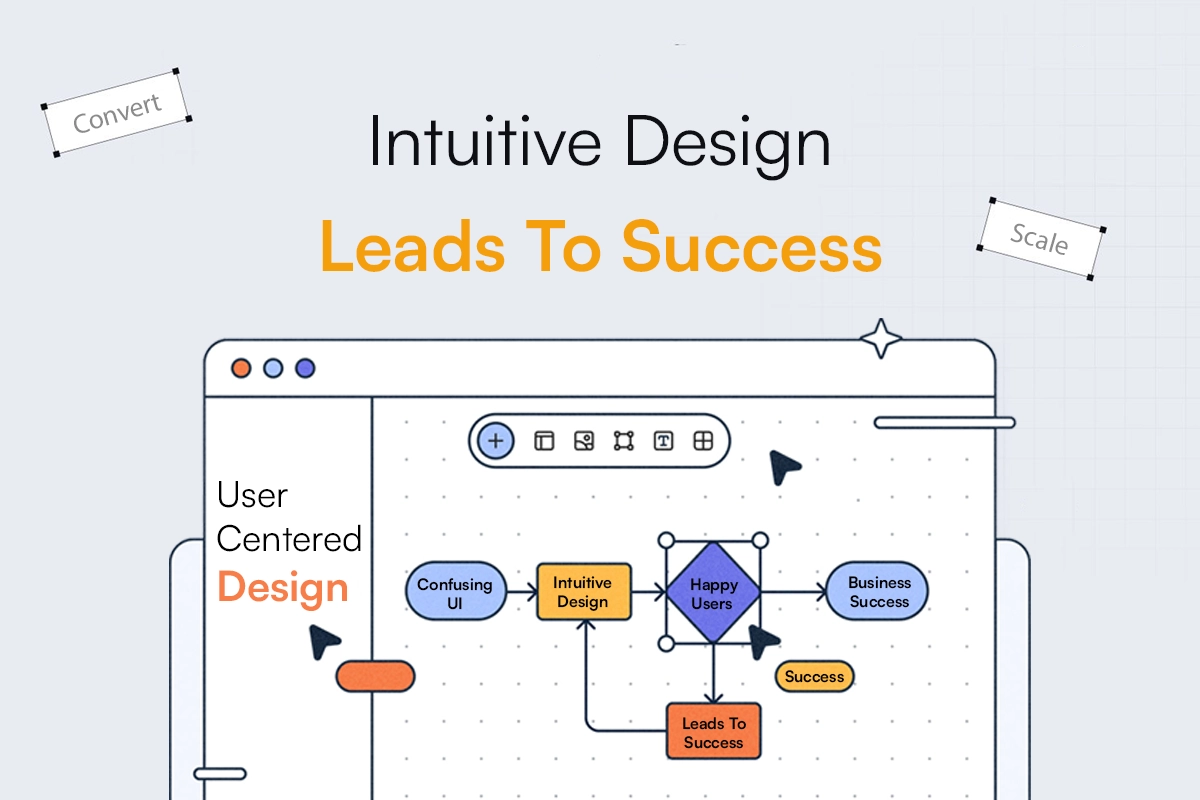MySQL vs PostgreSQL
- Raj Patel
- June 17, 2022
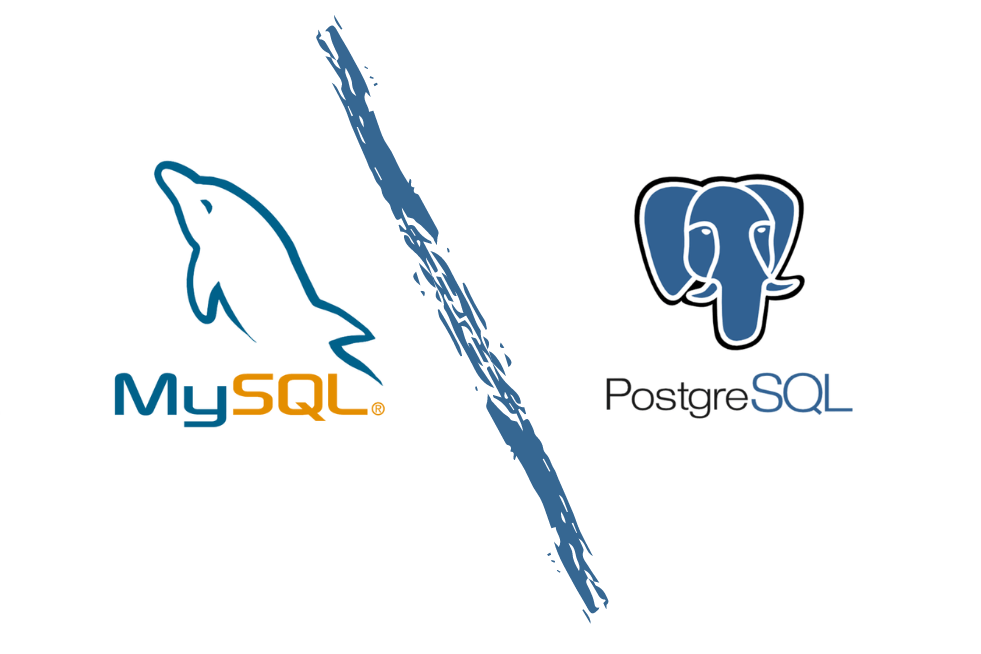
RDBMS:
RDBMS means a Relational database management system. It is based on the relational model, which depicts a straight forward way of representing data in tables which is intuitive. In RDBMS each row of a table is a record with a unique ID called a key. MySQL, ORACLE database, PostgreSQL, IBM Db2 are common examples of RDBMS.
My SQL:
- It is a Relational database management system
- It is fast and easy
- Used for large applications and small applications
PostgreSQL:
- It is an Object-relational database system
- It provides an advanced security system
Comparison between MySQL and PostgreSQL
| My SQL | PostgreSQL |
|---|---|
| Implemented in C/C++ | Implemented in C |
| Supports standard data types | Supports advanced data types |
| GUI tool is MySQL Workbench | GUI tool is PgAdmin |
| Does not support partial index, bitmap index, and expression index | It supports all this index |
| Does not provide support for materialized views and table inheritance | It provides support for both |
| It is partially SQL compliant | It is largely SQL compliant |
| Mostly used in web development based projects | Mostly used in large web applications and mobile applications |
| Performs well in the OLAP and OLTP systems | Performs well during executing complex queries |
| Default value can be changed at the statement level and at session-level | Default value can be changed at the system level and at session-level |
| It supports JSON data type but doesn’t support other NoSQL feature | It supports JSON data type and other NoSQL feature like native XML support. |
| When it is appropriate, two or more B-tree indexes can be used | To evaluate are dynamically converted predicts, B-tree indexes are merged at runtime |
Why Use MySQL:
- Offload Reporting supporting
- Geographic data distribution supporting
- Query cache for statements that are used repeatedly
- For frequently used tables support a Memory storage engine
Why Use PostgreSQL:
- It has Useful features like Point in time recovery, Table partitioning, Transactional DDL etc.
- Support Algorithms like 3DES, AES
- It is redistributable
Features of MySQL:
- It is Multi-threaded
- Multi-layered design with the independent module
- It is capable to handle any amount of data
- Object-oriented
- Stored procedures are used for complex queries and programs
Feature of PostgreSQL:
- Stored procedures and triggers are used for complex programs
- It can run on all large os platforms
- It supports modern applications like XML, JSON
- For efficient support data, and foreign key support
- For a large number of concurrent users MVCC support
Disadvantage of MySQL:
- When the server crash it can corrupt the system catalog
- Difficult in maintaining for many users
- Stored procedures are not cacheable
- For preventing centrally managed accounts there is no pluggable authentication module
Disadvantage of PostgreSQL:
- For the major release, there is no upgrade facility
- Query execution plans are not cached
- The solution requires a high learning curve
- To directly return the result of the query, the index cannot be used
Summary:
MySQL and PostgreSQL both are very useful. But it depends on our business requirements which one is better for our project.
PostgreSQL includes features like function overloading and table inheritance, which can be important in some applications. PostgreSQL handles concurrency better than MySQL. At the transaction level, PostgreSQL is known for protecting data integration. This makes it less vulnerable to data corruption.
PostgreSQL has some drawbacks that we should consider. PostgreSQL has a smaller number of developer/database administrators or 3rd party tools available. For each new client connection, PostgreSQL forks a new process that allocates non-trivial amounts of memory. PostgreSQL is built with scalability, extensibility, standard compliance, and data integrity in mind – sometimes at the expense of speed. So, for simple, read-heavy workflows MySQL is a better choice compared to PostgreSQL.
Contact us today to find out which RDBMS is perfect for you and your requirement.


